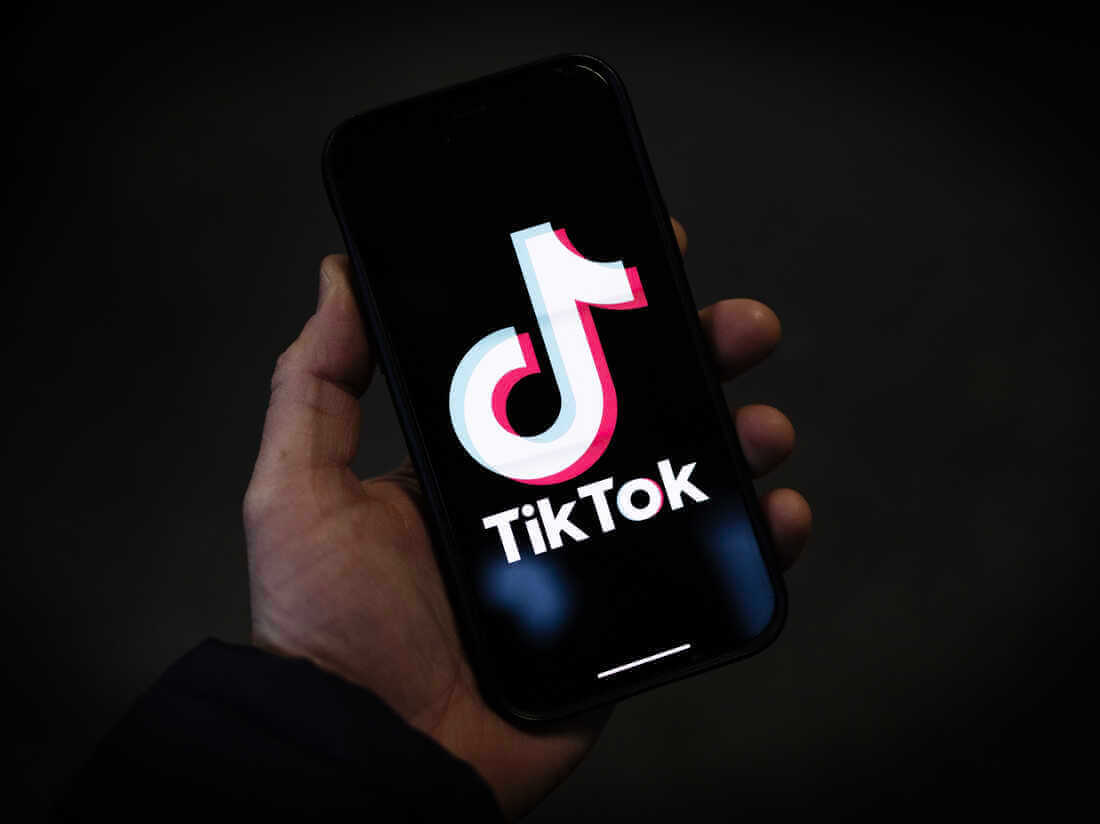In a move to challenge a law signed by President Joe Biden, TikTok and its Chinese parent company ByteDance filed a lawsuit in the US federal court on Tuesday. The law mandates the divestiture of the popular short video app, which boasts 170 million American users, failing which, the app would face a ban.
TikTok’s Lawsuit
The lawsuit said the divestiture “is simply not possible: not commercially, not technologically, not legally. ... There is no question: the Act (law) will force a shutdown of TikTok by January 19, 2025, silencing the 170 million Americans who use the platform to communicate in ways that cannot be replicated elsewhere.”
The suit added that the Chinese government “has made clear that it would not permit a divestment of the recommendation engine that is a key to the success of TikTok in the United States.”
Further, the lawsuit, filed in the US Court of Appeals for the District of Columbia Circuit, contends that the law violates several aspects of the US Constitution, including First Amendment free speech protections.
Incredible mask-off moment: Romney and Blinken say that the ban of TikTok was directly because "the emotion, the impact of images has a very challenging effect on the narrative", the narrative being "Israel's PR".pic.twitter.com/WkIGTAXG2X
— Arnaud Bertrand (@RnaudBertrand) May 6, 2024
US Law
Signed by Biden on 24 April, the law requires ByteDance to sell TikTok by 19 January to avoid the ban. The White House has expressed its desire to terminate Chinese ownership of TikTok due to national security concerns, but it has not advocated for an outright ban on the app.
Both the White House and the Justice Department declined to provide comments regarding the lawsuit.
National Security Concerns
A recent report by Fortune has shed light on popular social media app TikTok’s ties to the Chinese Communist Party, confirming deep ties between the two.
Former employees, speaking on condition of anonymity due to concerns about potential retaliation, allege that TikTok’s operations were closely intertwined with ByteDance during their tenure. This includes the sharing of user data with Chinese counterparts, raising concerns about privacy and national security.
Furthermore, allegations suggest that internal software systems, such as the messaging platform Lark, were shared between TikTok and ByteDance, potentially exposing sensitive information to Chinese oversight.

